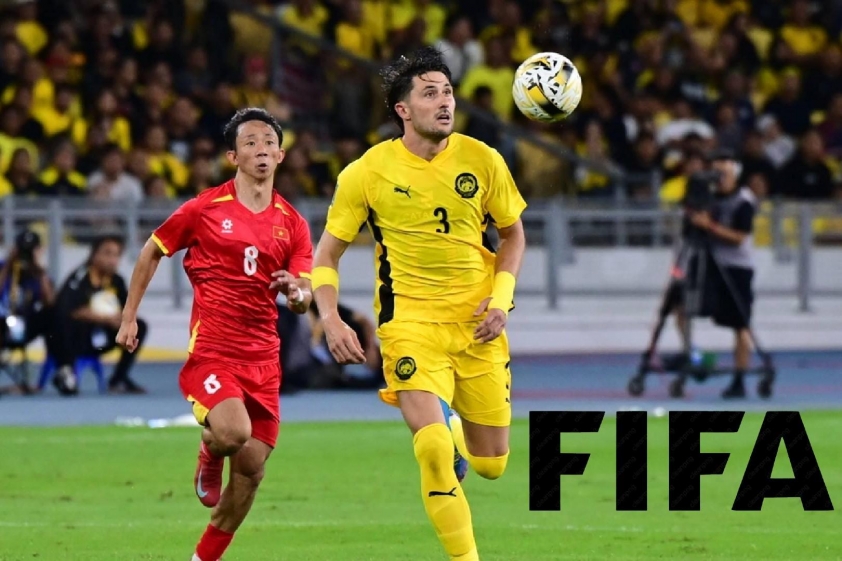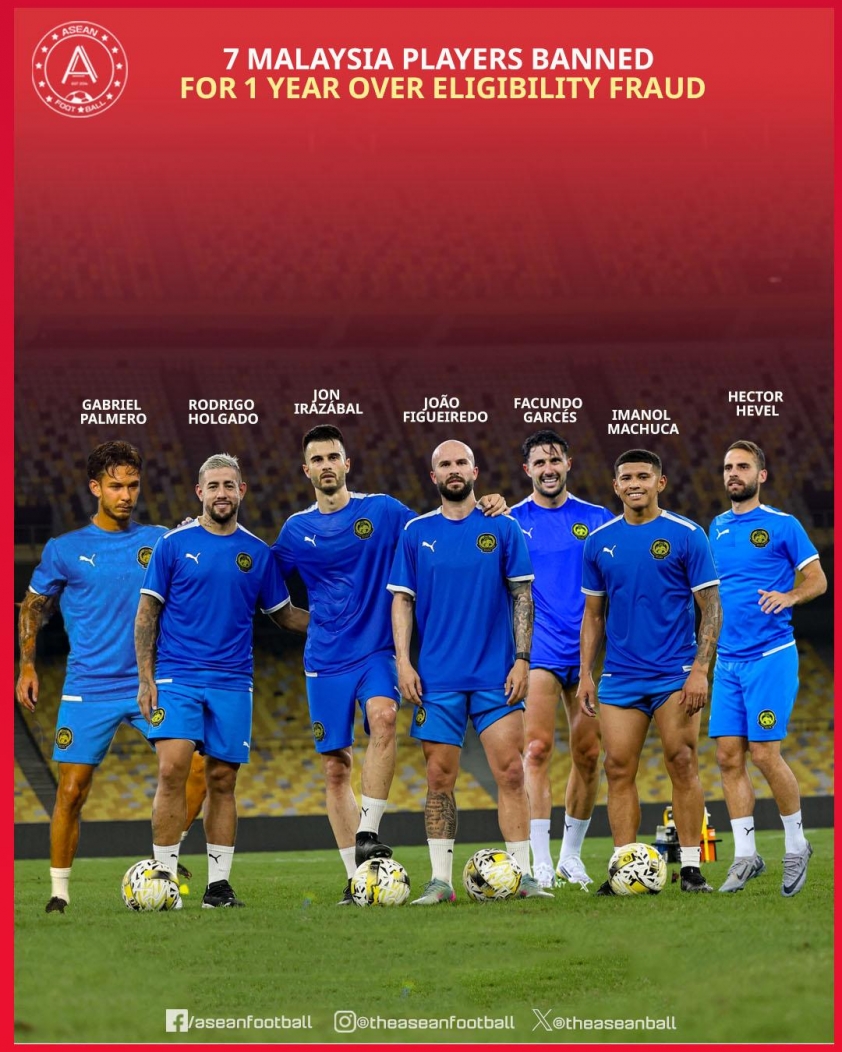Malaysian Football After Naturalization: Dawn Turns into Dark Clouds
In just one night, FIFA's penalty caused turmoil in Malaysian football, even though it had made major advances by naturalizing players.
Overnight, Malaysia's dream of catching up with Asia's top football nations through player naturalization quickly collapsed into a scandal. The approach was straightforward: leveraging foreign roots linked to Malaysia, naturalizing talented foreign players, and closing the gap with rivals.
Why bother with the challenges of academies and grassroots development when you can simply recruit top players with a signature? For a brief moment, Malaysia’s football strategy seemed very reasonable in today’s globalized world.

Facundo Garces strengthened the defense, Joao Figueiredo led the attack, and Hector Hevel controlled the midfield. The 4-0 crushing victory over Vietnam at Bukit Jalil was hailed as a new dawn. However, that dawn soon turned into dark clouds.
The cost for players penalized by FIFA is enormous. Rodrigo Holgado was suspended by America de Cali in Colombia. Gabriel Palmero was abandoned by Unionistas de Salamanca. Deportivo Alaves dropped Garces in their La Liga clash with Mallorca. For players at their peak, a 12-month ban is even harsher than a suspension.

Naturally, for Malaysian football, if the appeal fails, the consequences will be much more severe. Firstly, Malaysia’s football reputation will be destroyed, losing credibility on the global football stage. As one of Southeast Asia’s leading football nations, such a price is truly not worth it.
Additionally, the Malaysian national team faces further penalties; they might forfeit matches 0-3 against Vietnam and Nepal or even face long-term bans from AFC and FIFA. Malaysia has ten days to appeal, but historically, FIFA rarely overturns penalties upon appeal.










 Links
Links
 Contact
Contact
 App
App


